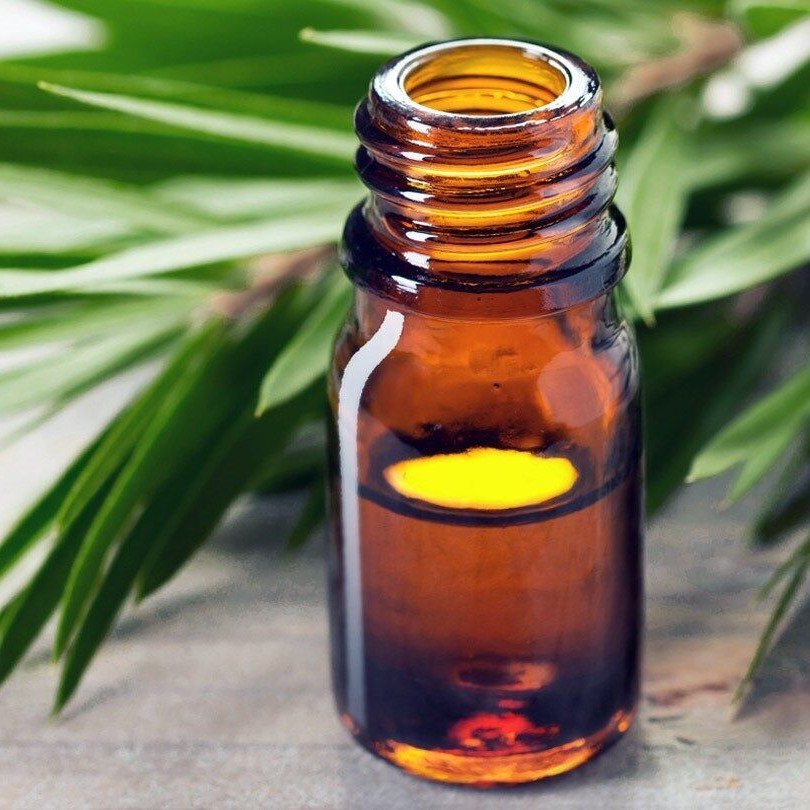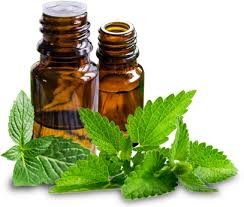Coconut oil to sunlight is a traditional practice especially in Ayurveda, and it’s believed to enhance the medicinal properties of the oil for conditions like psoriasis. Here’s how sunlight might contribute to this process:
Photosynthesis of Phytochemicals: Sunlight exposure can stimulate the production of phytochemicals in plant materials like Wrightiatinctoria leaves. These phytochemicals are bioactive compounds responsible for many of the plant’s therapeutic properties. When the leaves are immersed in coconut oil and exposed to sunlight, this process may enhance the extraction of these beneficial compounds into the oil.
Ultraviolet (UV) Radiation: Sunlight contains UV radiation, which can have antimicrobial and anti-inflammatory effects on the skin. UV radiation is known to modulate the immune system and reduce inflammation, which are beneficial for managing psoriasis symptoms. When the oil infused with Wrightiatinctoria is exposed to sunlight, it may absorb some of these UV rays, potentially enhancing its therapeutic effects when applied topically to the skin affected by psoriasis.
Heat: Sunlight provides heat energy, which can increase the temperature of the oil infusion. Higher temperatures can enhance the extraction of bioactive compounds from the plant material into the oil, thereby increasing the potency of the infused oil for treating psoriasis.
Traditional Knowledge and Ritual: In some cultures, exposure to sunlight is believed to have purifying or energizing effects. Incorporating sunlight exposure into the preparation of herbal remedies like Wrightiatinctoria-infused coconut oil may be rooted in traditional beliefs and practices, which contribute to the perceived efficacy of the treatment.
Tea Tree Oil: Known for its antiseptic and anti-inflammatory properties, tea tree oil can help soothe irritated skin and reduce redness and itching associated with psoriasis.
Peppermint Oil: Peppermint oil has a cooling effect on the skin, providing relief from itching and discomfort caused by psoriasis flare-ups. It also possesses anti-inflammatory properties.
Ginger Oil: Ginger oil contains anti-inflammatory compounds that can help reduce inflammation and promote healing in psoriasis-affected areas.
Lavender Oil: Lavender oil is known for its calming and soothing properties. It can help alleviate stress and anxiety, which are common triggers for psoriasis flare-ups. Additionally, it has anti-inflammatory effects that can benefit irritated skin.
Neem Oil: Neem oil has been used for centuries in traditional medicine for its antibacterial, antifungal, and anti-inflammatory properties. It can help relieve itching, redness, and scaling associated with psoriasis.
Cedarwood Oil: Cedarwood oil has anti-inflammatory and antimicrobial properties that can help reduce inflammation and prevent bacterial infections in psoriasis-affected skin.
Lemon Oil: Lemon oil contains antioxidants and vitamin C, which can promote skin health and regeneration. It also has astringent properties that may help reduce excess oiliness and scaling in psoriasis.
Aloe Vera: Aloe vera is well-known for its moisturizing and soothing effects on the skin. It can help hydrate dry, flaky skin and reduce inflammation and itching associated with psoriasis.
Curry Leaves Oil: Curry leaves contain compounds that have anti-inflammatory and antioxidant properties, which can help reduce inflammation and promote healing in psoriasis-affected skin.
Bhimseni Oil: Bhimseni oil, derived from a type of pine tree, is believed to have antimicrobial and anti-inflammatory properties. It can help alleviate itching and irritation in psoriasis-affected areas.













Reviews
There are no reviews yet.